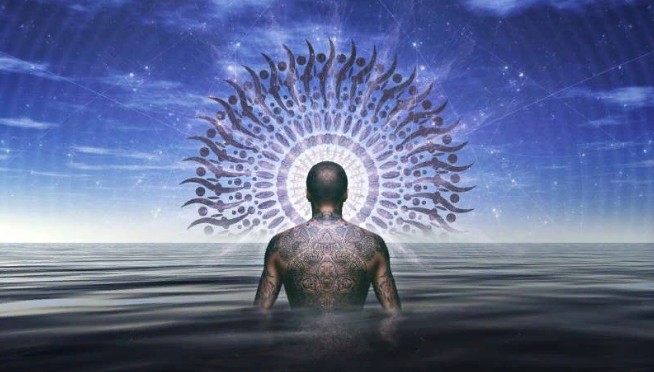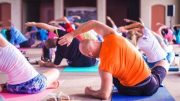In modern Uganda, healers provide a link to biomedical care while also altering sexual health.
According to a new study from Columbia University’s Mailman School of Public Health, young people in the Rakai region of southcentral Uganda are flocking to healers because of their comprehensive approach to sexual and reproductive health.
Young people seek healers above the biomedical community for three reasons, according to the study. The study’s findings were published in Social Science and Medicine.
First, young people said that the high fees, inconsistency of supply, and stigma they encountered at biomedical clinics and pharmacies influenced their decision to seek treatment from healers rather than biomedical SRH providers.
Second, young people expressed concerns about being stigmatized or receiving poor-quality care in biomedical settings, as well as the cost of treatment travel.
Third, healers take a sex-positive approach to SRH and offer advice that emphasizes enjoyable and financially motivated sex. These treatments contradict international and national HIV prevention messaging, which portrays non-marital and transactional sex as dangerous and disease-causing.
African healing traditions that base “health” in the social body have a long history with healers.
In Uganda, the healers detailed in this study represent a variety of practitioners who are socially and legally acknowledged.
“Healers have long shown a readiness to engage with the biomedical community in the treatment of HIV/AIDS. Our findings suggest that healers can and should play a role in HIV prevention and other biomedical sexual and reproductive healthcare initiatives “Erin V. Moore, the lead author, and Carl F.
Asseff Assistant Professor of Anthropology and the History of Medicine at The Ohio State University, and a former postdoctoral student at Columbia Mailman School, said, “From a health efficacy standpoint, many healers serve as connectors to biomedical systems, referring clients for testing and treatment on a regular basis.”
The researchers also conducted a sub-study mapping young people’s access to and utilization of SRH to determine where and how young people sought and obtained contraception, HIV testing and treatment, and sex education in six distinct communities in the Rakai area of south-central Uganda.
“By embracing the fact that young people are sexual citizens, healers deliver a de-stigmatized, complete SRH experience.
Taking healers’ conceptions of sexual health seriously, which considers physical, emotional, social, and notably economic well-being can help global public health practitioners “Moore remarked.
“The holistic picture of sexual health and recovery that we documented among healers and their patients in Rakai, Uganda, has a lot to teach us.”
Uganda has been dealing with HIV/AIDS for 35 years. The Rakai region has seen a lot of success in terms of lowering HIV rates.
“Our research demonstrates how healers’ SRH therapies provide a systems-level way to recognize young people’s sexual lives and citizenship, which have been so frequently denied by biomedicine and public health,” said John Santelli, senior author, and professor of Population and Family Health and Pediatrics at Columbia University Mailman School of Public Health.





